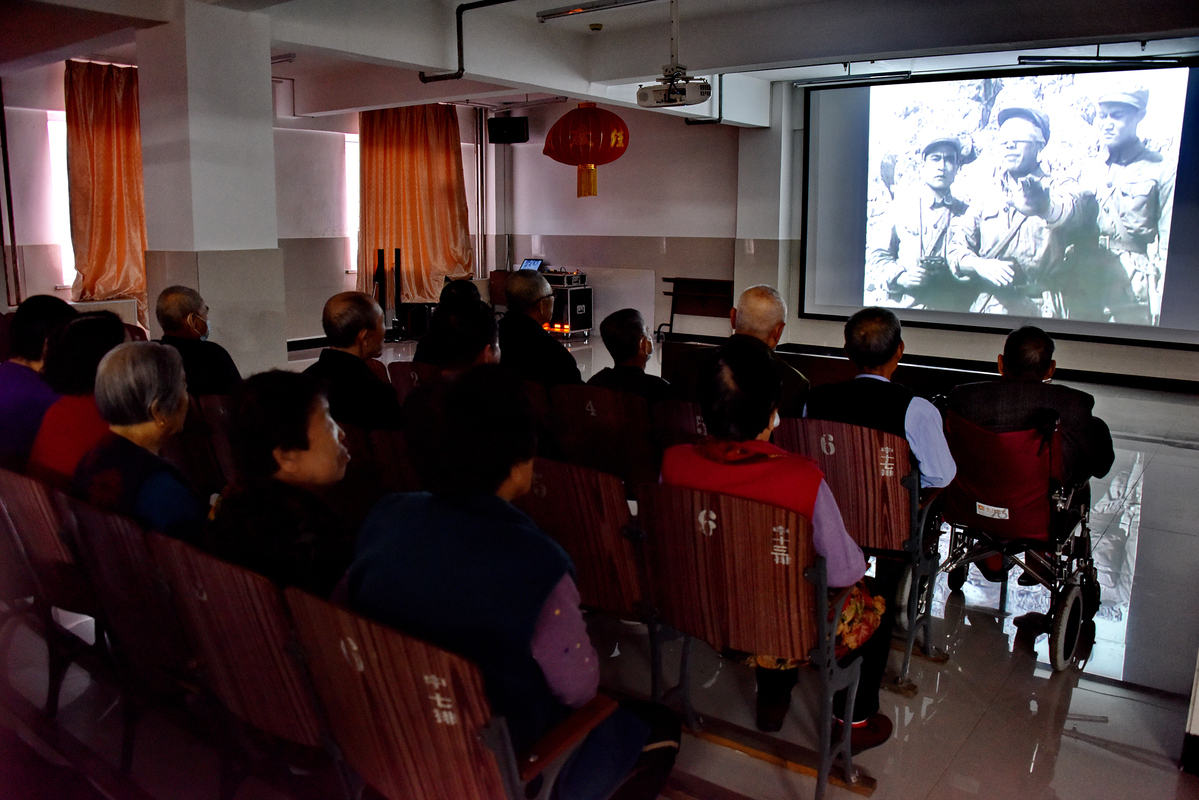Nursing home profitability on rise


Regulations
In 2018, the government in Gongzhuling began bringing more market order to the elderly care industry. A group of unregistered private nursing homes was shut down.
"Our service has gained the approval of the elderly, and it has been spread by word-of-mouth. Since 2018, more beds have been occupied," he said.
Now, there are about 286 seniors living in the nursing home who are attended to by 35 caregivers and one doctor.
Besides medical services, efforts have also been made to enrich residents' spare time through activities such as calligraphy, chess and yangko, a type of folk dance.
During festivals, the nursing home organizes activities such as dumpling making, moon watching and movie nights. Teachers are also invited from local colleges to give lessons to residents.
As the manager, Guo also participates in daily work of caring for the residents, polishing nails, changing clothes, washing feet and cutting hair.
"For the elderly, coming to a nursing home is like a kid going to kindergarten. They will be afraid and worried at the beginning," Guo said. "But we are like family here and that eases their concerns and helps solve their problems."
China's population is aging. By 2019, the number of people age 65 and older in Jilin reached 3.74 million, nearly 14 percent of the total population. In Gongzhuling, the number is about 180,000, Guo said.
Lingxi Nursing Home charges each resident 1,000 yuan to 3,000 yuan ($150-$450) per month.
The business is not profitable, but that day is coming, Guo said. "I will continue operations because I believe more people will need our services in the future," he said.
"People's needs will always come first in my nursing home. My next plan is to increase the number of services we provide and learn more from other practices and nursing home models."























